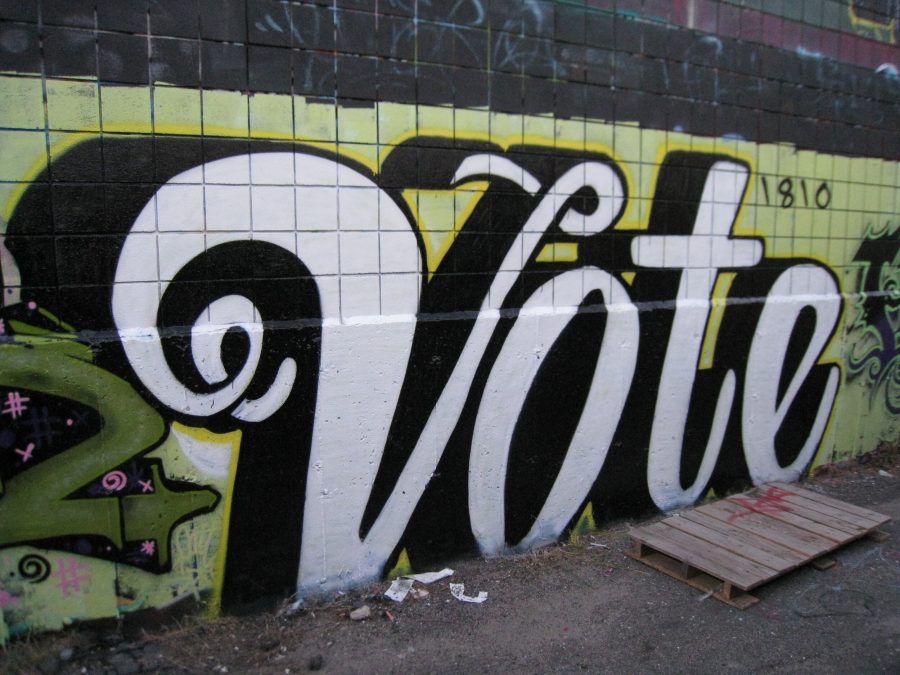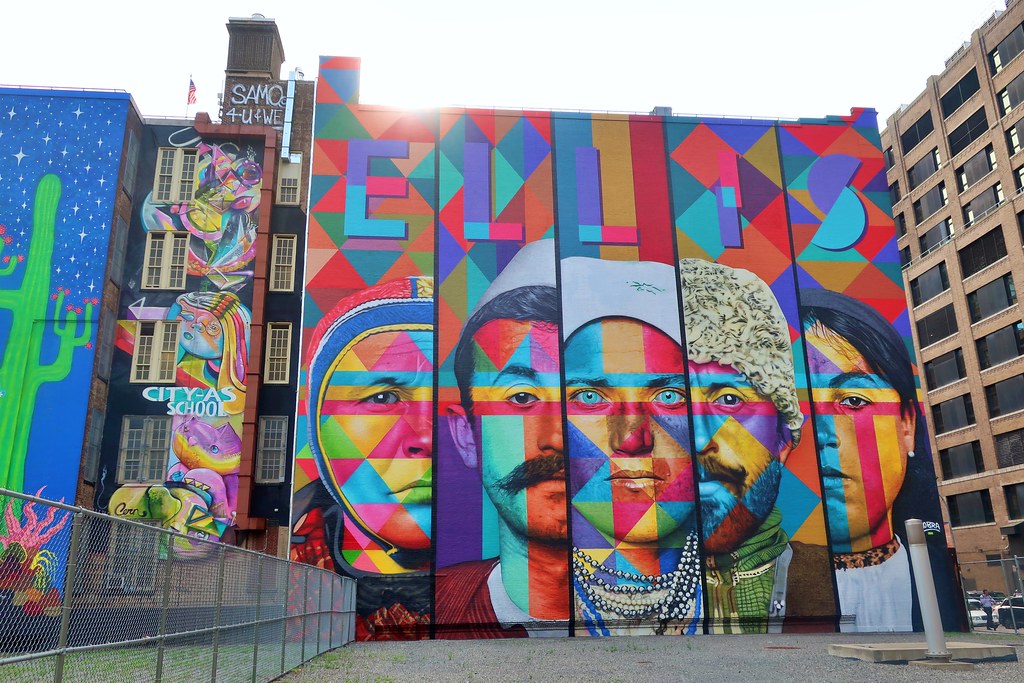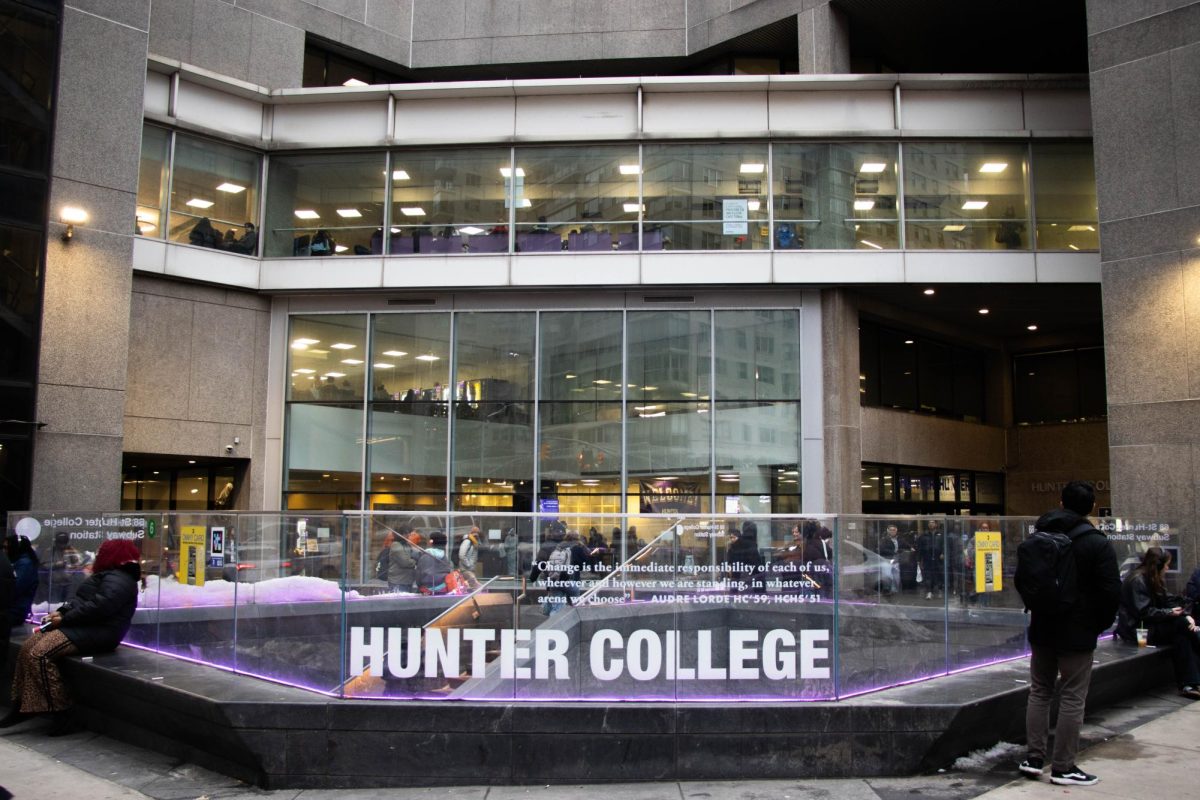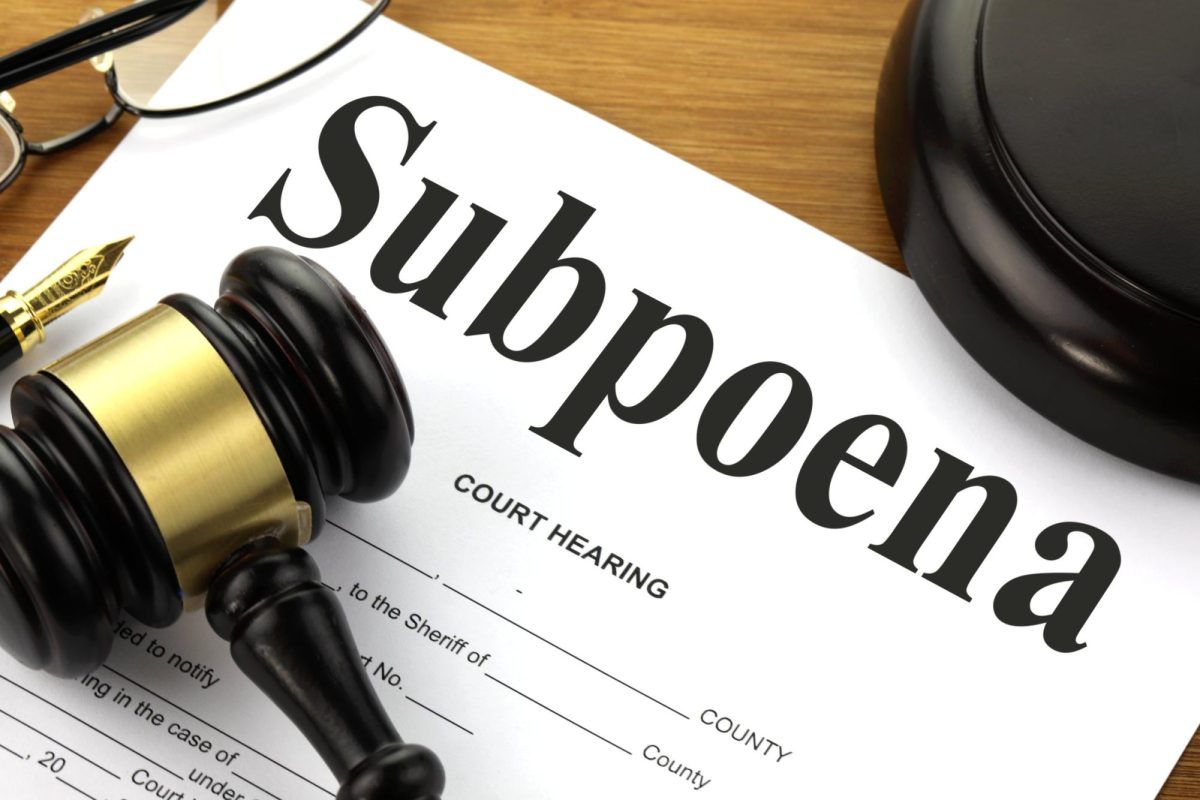With the 2020 presidential election just around the corner, the outcome will rely heavily on the number of young people that vote.
Since older Americans, such as Baby Boomers, are most likely to vote, they’re the ones ultimately making long-lasting decisions for a country they won’t get to experience as long as younger generations will.
According to The New York Times, fewer than half of the eligible voters between the ages of 18 and 29 voted in the 2016 presidential election. This was 15% less than the overall turnout.
Sooner or later, Millennials and Gen-Z voters will be the majority of voting generations that will have the most power to influence American politics.
But, with a lack of participation now, the fate of our country is left at the hands of the few older citizens who do vote.
Voting can influence political issues important to students such as climate change, the economy, the COVID-19 pandemic and so much more.
With the recent climate protests around the world, it’s evident that the well-being of the planet is a prominent issue young voters are paying attention to. Most notably, Swedish teenager Greta Thunberg organized school walkouts around the world to protest the lack of action from governments and businesses in slowing down climate change.
Her most famous protest was held just last September before the United Nations General Assembly in New York City. This serves as a testament to the importance climate change might have on young voters this election.
The recent economic downturn is also a burning issue for young people, especially those entering the workforce in the middle of an economic crisis caused by the global pandemic.
According to a poll of two dozen students by Reuters, one of the three most important issues ahead of the election is “the battered U.S. economy.” This April, the United States reached an all-time high of a 14.7% unemployment rate, concerning many undergraduate students and recent graduates.
Job security and a growing economy are key issues that affect young people. This election could change the way in which the government handles the current economic crisis. This in itself should be a reason to pay attention to this election and vote.
The pandemic added additional obstacles for a group of people who already don’t turn out to vote as much as they should. However, voting in the middle of a pandemic has been proven to be possible and safe.
People are given more opportunities to vote through early voting, absentee ballots and more. In fact, many more people have already voted before Election Day than they have in previous years on Election Day.
There is hope for a larger turnout for young Americans. A recent poll by the Institute of Politics at Harvard Kennedy School found that the current enthusiasm to vote is about the same as that of the 2008 election.
This is significant, considering the youth turnout of that election and how it led to then-candidate Barack Obama’s win along with a Democratic majority Congress.
With all of this in mind, it’s important to create a voting plan.
One tip when voting is to ensure that you’re being safe while casting your ballot by staying at least six feet away from other voters and poll workers. Many polling sites are crowded during peak times.
Make sure to also wear a mask or a face covering, especially since it is required by law in New York.
The New York City Board of Elections also sent out Fast Pass Tags for contact-less check-in at your polling site. Bringing a Fast Pass Tag will not only ensure safety via social distancing, but it also ensures a quick and easy check-in.
Election Day falls on a Tuesday, which for many people means they have to plan to vote around classes and work. Surprisingly, many Baruch College professors are flexible when it comes to completing your civic duty.
Ask for extensions on any major projects or assignments due on Nov. 3. Professors might be willing to push back deadlines to ensure you get to the polls on time to vote.
Additionally, if you need to miss class to vote, let your professors know beforehand. According to Baruch’s Provost website, professors may not, “sanction a student for not attending synchronous class sessions.”
Lastly, become an informed voter. Vote.org is a great tool to familiarize yourself with your polling site and absentee ballot drop-off sites and much more. Ballotpedia is also a useful tool to look at a sample ballot, unbiased candidate issues and voting method options.
A part of being an informed voter is knowing your rights at the polls. The Voting Act of 1965 allows all registered citizens 18 years or older the right to vote unconditionally. It also bans voter intimidation. If you feel like someone at the polls is breaching these rights, contact the Election Protection Hotline at 866-OUR-VOTE.
There are many options to choose from for voting this year and an abundance of accessible information to help you become an informed voter. Be a part of a generation that comes out to vote safely and effectively. You might even get a cool sticker for your laptop while changing your own future.







